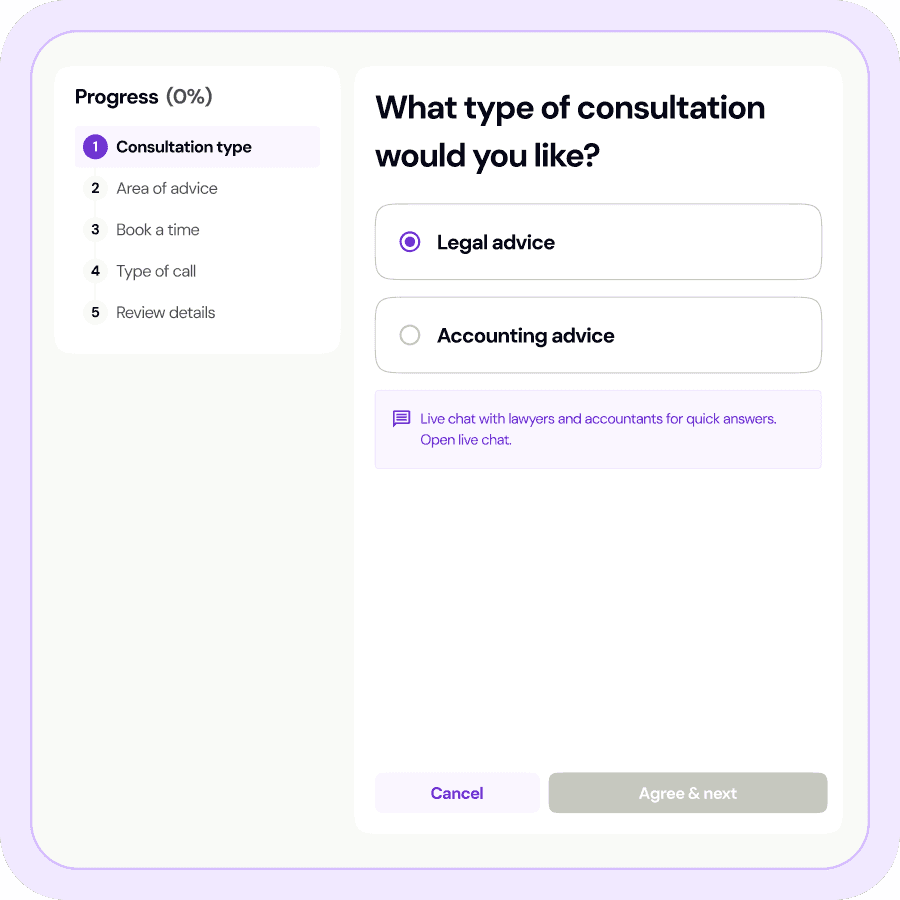Introduction
In today’s economy, not every person who helps you meet your business needs is necessarily a full-time employee. In fact, contractors, consultants and freelancers are becoming commonplace for many companies. Here we discuss the advantages and disadvantages if you want to hire a contractor.
Key points
- Contractors are specialists in their field of work
- They are a good option for businesses which need projects completed within certain timeframes
- Contractors do not have the same entitlements of full time employees
Advantages of Hiring a Contractor
Here are some of the key benefits of hiring a contractor.
Reducing costs
Contractors are often receive a higher hourly rate of pay than full time employees. However, unlike full-time employees contractors don’t have employer benefits such as paid sick and holiday leave, superannuation, office space, equipment or education costs.
Flexibility
Contractors often have a flexible schedule and don’t need an office space. This flexibility can be useful to your business and there is also no long-term commitment to contractors. Contractors are usually experts in their given field, this can reduce the resources required to train employees and lower supervision costs.
Lowering the risk of legal action
Full-time employees are protected under Commonwealth and State laws and regulations and have the ability to take legal action against your business, should they feel their employee needs are not being met. This is not the case for contractors who are not covered under these regulations.
Identifying your business needs and the savings opportunities with contractors is a worthwhile discussion among management. It’s possible, too that when you hire a contractor, you open new doors to other opportunities, or even offer a full-time opportunity to a good candidate in the future.
Disadvantages of Hiring a Contractor
Hiring a contractor for your business can also have some downfalls, as discussed above they demand higher rates as they consider themselves self employed and are excluded from employee benefits. Businesses must also walk a careful line so an agreement or contract with a contractor doesn’t turn into the need for government-required benefits.
Disadvantages
Lack of control
Contractors are essentially self-employed – they work on their own time and may work away from the office. Unlike your employees who can be monitored, contractors have a certain freedom and are largely independent prohibiting close supervision. Contractors may also have a few modes of employment hence at times your business needs may not take priority.
Lack of continuity
Contractors regularly come and go. Unlike full-time employees, you can hire contractors to undertake short and long-term or large projects. A risk when you hire a contractor is your contractor abandoning your project if one of their clients takes precedence over you. If your business requires someone for a long term project, it may be best to employ someone full time.
Higher costs
It is important to discuss salary or payment before you and your contractor sign the Agreement. As mentioned above, contractors do not have the same benefits and leave as full-time employees. As a result, contractors can end up costing more to your business.
Ownership
As contractors do not work in a full-time capacity, the work they produce may have copyright issues and also not belong to your business. For this reason it is important to remember the golden rule: Put it in writing. For example, let’s say you need some work done on your IT systems or software, and you ask a contractor to help. If you do not have a clear assignment in writing of the copyright in the work that the contractor does for you, you will not end up owning the copyright in their work even though you paid for it. This is because the Copyright Act requires all assignments of copyright to be in writing.
As stated above, be careful that the relationship with your contractor is of an employer-contractor nature. If the government audits your business and your relationship with your contractor is the same as your full-time employees, the contractor may be able to receive benefits, workers compensation, and other regulations or protective rights.
What to include in your Contractor Agreement
Now that your business has decided to hire a contractor it is important to decide what will go into the agreement and to answer these questions. What will your contractor have to do and what are your expectations of the agreement? What level of productivity do you expect?
As verbal agreements are subjective, it is essential that you sign a written agreement defining the relationship clearly and also the expectations from each party:
Listed below are some important aspects of your future contractor relationship to consider in your written agreement.
- Description of the services required;
- Description of compensation or pay for the work required (this can be a fixed fee or monetary compensation based on timeframes) and a payment schedule;
- Make it clear who the contractor will answer to;
- Description of who will pay for expenses;
- Description of the term of the agreement;
- Make it clear that the benefits provided to full-time employees are not extended to independent contractors;
- Description of how disputes within the business are resolved;
- Statement or verification that the contractor carries liability insurance;
- Description of circumstances under which you or the contractor can terminate the agreement;
- The importance of non-disclosure agreements.
A Non-disclosure Agreement ensures information disclosed between both parties remains confidential. It is important to use this type of agreement in the early stages of the hiring process so you can talk freely with prospective contractors.
Finally, ensure both parties’ expectations are clearly put in writing in the agreement. Further, it is important to avoid misunderstandings so your business can benefit from hiring an independent contractor.








